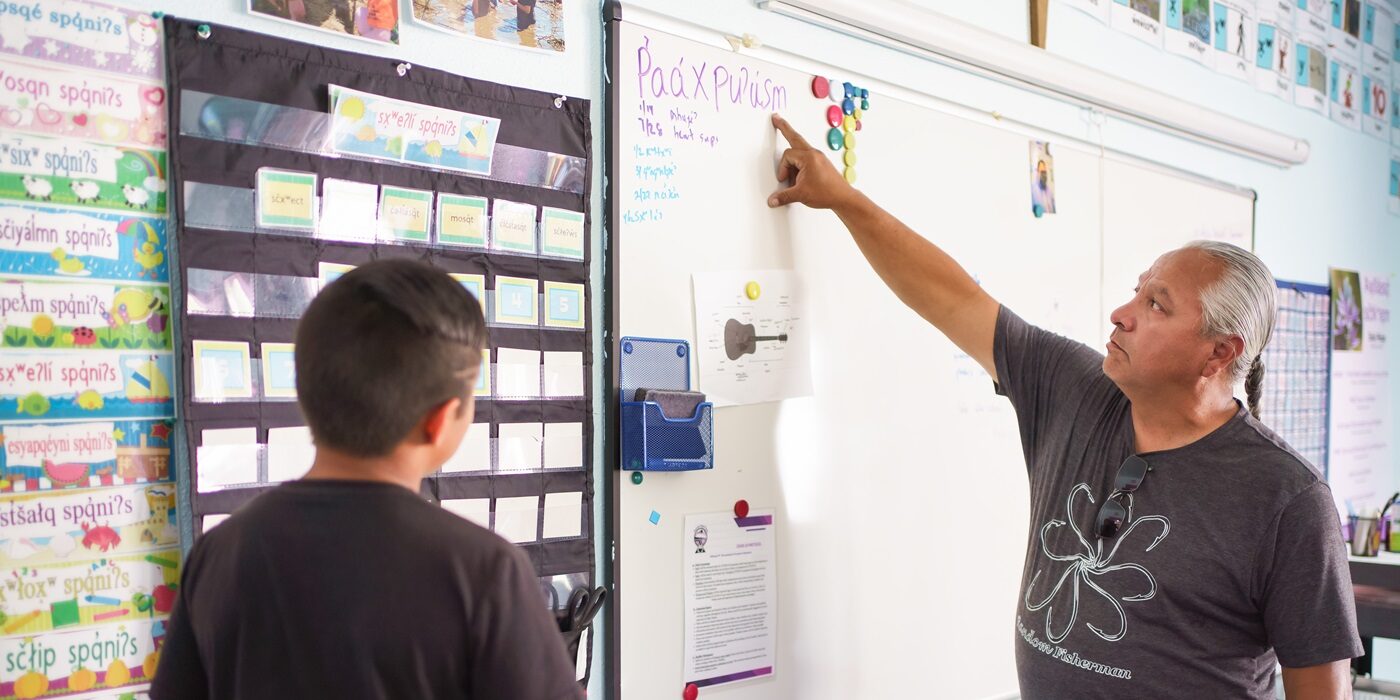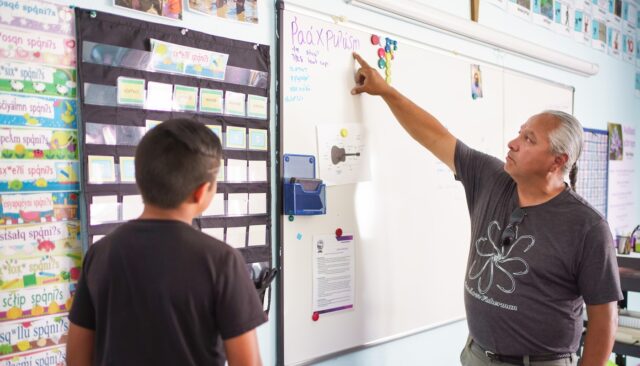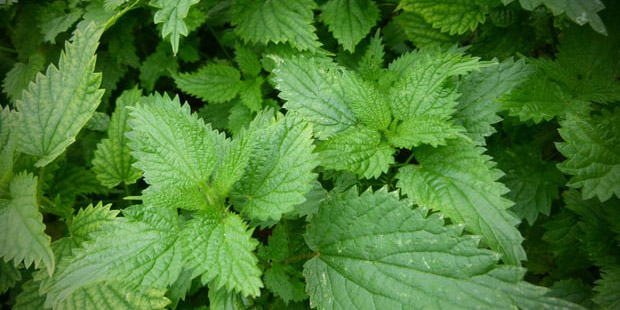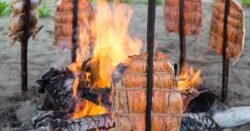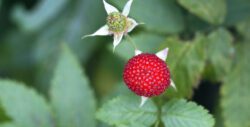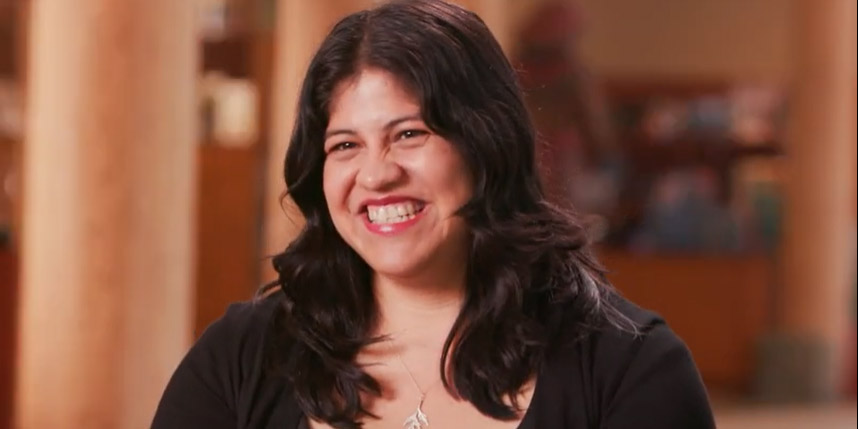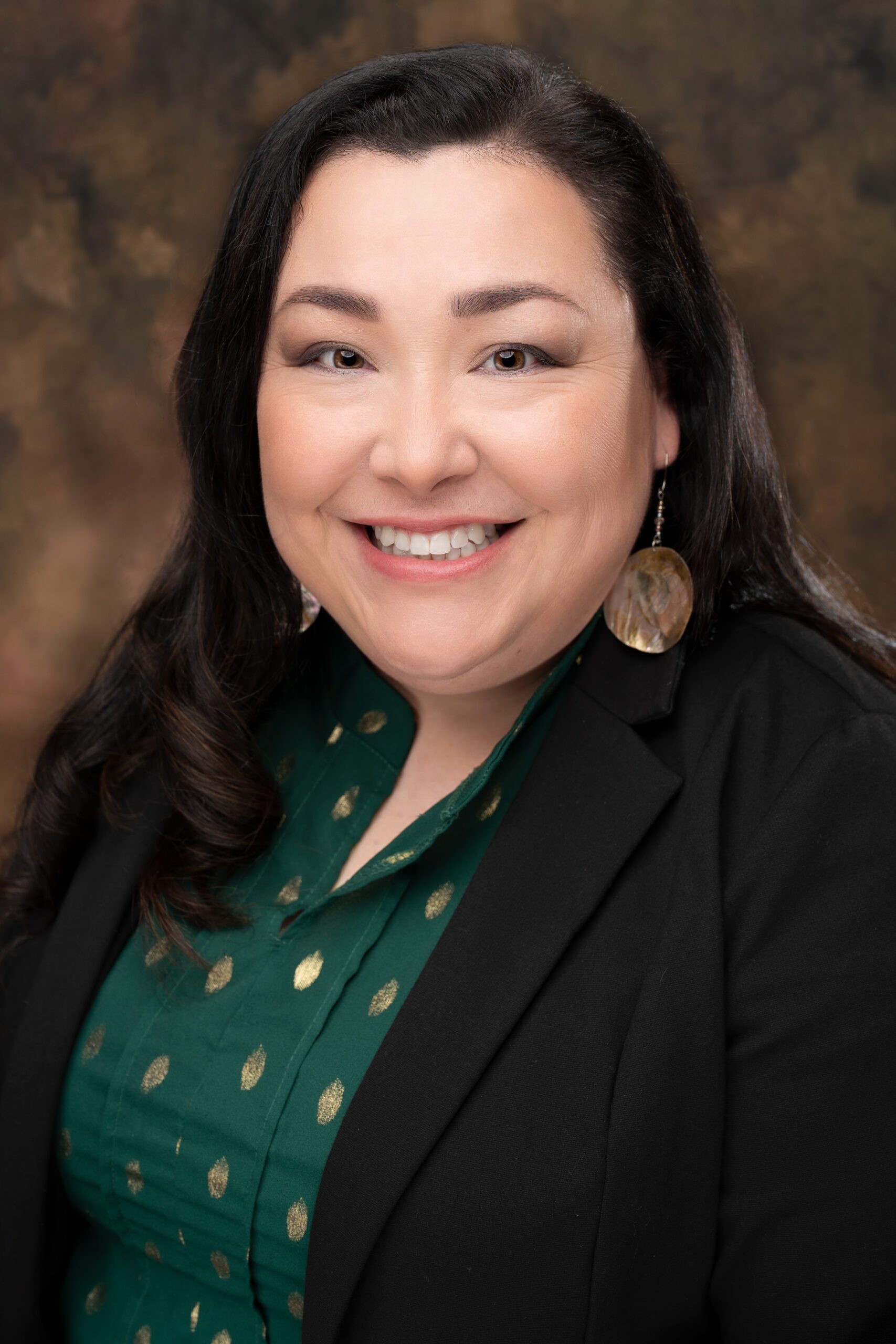

Rosina DePoe is a citizen of the Makah Tribe and has Siletz heritage (Rogue River Tutuni). She works as the Deputy Director of the Washington Indian Gaming Association (WIGA), a nonprofit organization that represents 23 Washington tribes. As part of her job, Rosina manages the WIGA Scholarship Program, which helps Native American and Alaska Native students who want to further their education. She also administers WIGA’s responsible gaming initiatives, which advance policies, resources and support for those impacted by problem gambling. We caught up with Rosina to chat about her 5-year milestone at WIGA and to find out more about her work, career path, and the role education has played in her life.
Q: Please tell us about your role at WIGA. Do you have a favorite aspect of your job?
A: As the Deputy Director of WIGA, I support overall operations, community outreach and education efforts and help ensure we meet our strategic goals. I also have the pleasure of working on projects like the annual Northwest Indian Gaming Conference and Expo.
My favorite aspect of my job is managing the scholarship program. As a former WIGA scholarship recipient, I feel like things have come full circle—I went from being a student to managing the distribution of scholarship funds for students in need. When I read applications, I have the opportunity to learn their stories and better understand their vision for helping tribal communities. It is inspiring and exciting to see the next generation of leaders, doctors, language keepers, teachers and scientists breaking down barriers. They are ready to take up well-deserved space, bringing our native voices to the table and letting the world know we are here to stay.
Q: As a citizen of the Makah Tribe, how has your heritage influenced your career and your professional or leadership style?
A: My grandmother Nell “Mazie” Peterson played a foundational role in my cultural upbringing, along with both of my parents. I come from both a coastal and plains Indian heritage—I am a citizen of the Makah Tribe and a descendant of the Turtle Mountain Band of Chippewa, Rogue River Tututni and Cheyenne. My family ensured I grew up with cultural teachings to know who I am, where I come from, and, most importantly, how much they love me. They taught me my family songs and dances and encouraged me to be a proud, strong native woman.
From a young age, my family always told me I could be anything and do anything I want if I work hard, do well in school and make sure my heart is in it. I knew right away I wanted to work for my tribe or for a tribal organization. My grandmother was also very influential in my leadership style. She taught me patience (which I don’t always have, ha!). She taught me the importance of hearing people out because often they just want to be heard and seen, and to know someone cares about their concerns. These lessons are critical when working with tribal communities and building relationships.
Q: You earned your Master of Public Administration (MPA) degree in Tribal Governance from the Evergreen State College. What did you gain from your MPA program that has been key to your professional development?
A: When I started the program, I had little knowledge of the inner workings of tribal governments. I grew up with a very general understanding. Obtaining my MPA gave me the foundation I needed to grasp the complexities of tribal, state and federal relations. I also gained an in-depth understanding of the history of federal legislation and policies created to harm or benefit tribal nations, which is very useful since much of WIGA’s work is policy analysis, understanding the potential legal impacts of a policy to tribal communities. The MPA program also enhanced my critical thinking and policy analysis skills and strengthened my ability to report findings to tribal leadership. Finally, my education helped me understand the importance of relationships – from working with the public, to building relationships with influencers and decision makers, and the role tribal sovereignty plays in this process.
Q: Why do you believe higher education is important, especially for Native Americans?
A: As an indigenous person, we must walk in two worlds. We try to balance and nourish our cultural soul and teachings while being hyper-aware of a world that surrounds us with constant change and impacts to who we are as tribes. Higher education provides additional tools and knowledge to navigate this challenging path of continuing the important work begun by our ancestors and tribal leaders before us. For me, higher education is a means to continue to protect our tribal sovereignty and tell our story. It is also an opportunity for tribal people to share stories that educate and enlighten the non-tribal students and educators around us.
Q: What are some of your hobbies or interests outside of your professional work?
A: I am an avid softball player. I currently participate in a competitive women’s slow-pitch team and play on two co-ed teams. I have also taken up golf—Goodness, that game is hard! But that one good shot makes it worth the hassle of all the bad ones. I also love taking time to go home and visit my family in Neah Bay, spending time on the ocean. Just being outside is my favorite thing to do. I also dabble in beading and sewing ribbon skirts when I have time. Additionally, I love spending time with my husband, Rick, and two pups, Loki and Louis.
Q: How can readers support the efforts of WIGA and the scholarship program?
A: Get involved! Donate to the scholarship fund, share it with your contacts and spread the word about how WIGA is helping Native students achieve their higher education goals. You are also invited to attend our 3rd Annual WIGA Scholarship Program Gala & Auction hosted by the Kalispel Tribe of Indians at Northern Quest Resort & Casino—It’s a really fun and inspirational event in support of this important program.
